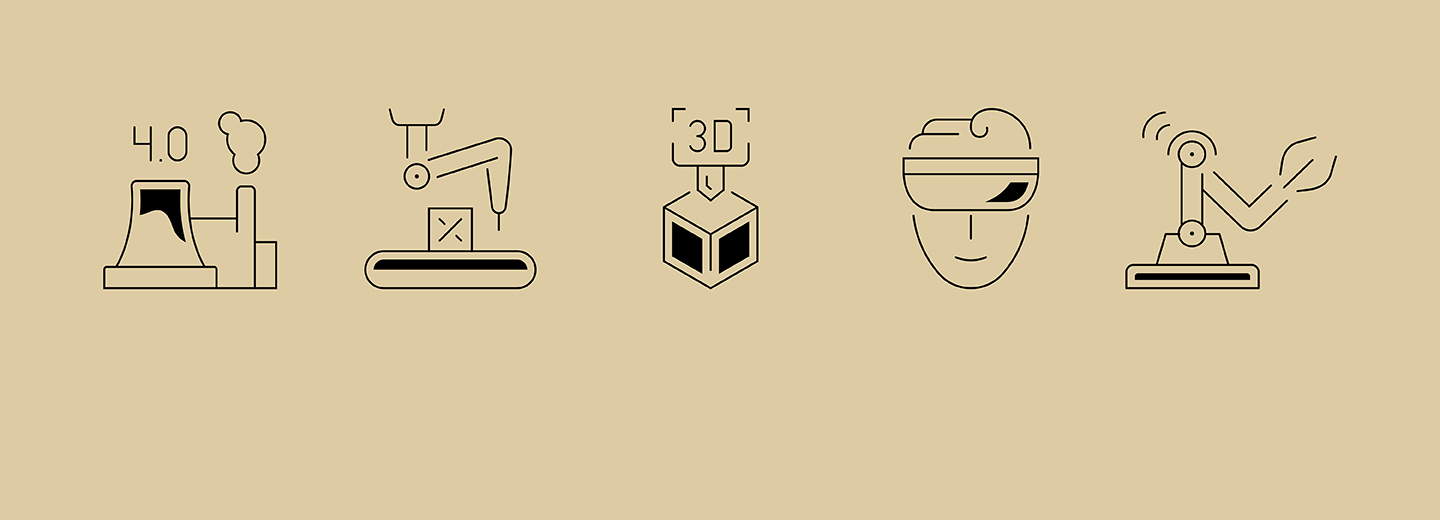Because we care
The Mærsk Mc-Kinney Møller Institute works with research and education within advanced and collaborative robots and other related technologies
Science and technology play a key role in achieving the UN sustainable development goals. Or, as Marie Chatardová, President of the Economic and Social Council, said at a UN Forum in 2018:
- No one can ignore the vital role of science, technology, and innovation in advancing the transformative impact of the 2030 agenda.
At the Mærsk Mc-Kinney Møller Institute, we are well aware of our responsibility. We work with UN Goals on many different levels, striving to create a positive impact on the world.
Goal #8: Automation helps create decent jobs
While extreme poverty has declined dramatically in the past 25 years, millions of people are still poor, unemployed or trapped in forced labor, slavery or human trafficking.
The eight UN Goal is about creating decent jobs and economic growth to ensure full, productive and responsible employment for all men and women by 2030.
Advanced and collaborative robotics technology can help achieve this. Collaborate robots can take over many monotonous tasks and reduce the physical strain of workers. Automation, in general, accelerates growth, which leads to new jobs.
It is a central part of our research effort to ensure that robots become an intelligent tool for the employee. The employee is in charge, while the robot manages trivial and repetitive processes.
This fosters a better working environment, less attrition, and a better basis for good pay.
Goal #9: Industry 4.0 supports better infrastructure and stronger industries
Economic growth is largely driven by investments in infrastructure and innovation. We need to find lasting solutions to economic and environmental challenges. And, as the UN states, promoting sustainable industries, and investing in scientific research and innovation, are important ways to facilitate sustainable development.
Recently, SDU has invested more than 100 million DKK in a state-of-the-art Industry 4.0-Lab, where new modes of production are tested in close collaboration between students, researchers, and industrial partners.
The Lab supports cutting edge research, innovation and education in the technologies underpinning Industry 4.0. It is our ambition to provide one of Europe’s most advanced facilities in this field, and together we develop better and smarter ways to ensure global, sustainable industrialization.
Goal #13: Technology target climate efforts
Climate change is a global issue with drastic effects and one that we need to tackle together. Industry 4.0. initiatives will have a positive impact on climate targets. Flexible production is likely to result in more proportional production with reduced waste while minimizing the transport of products because flexible automation is made possible.
But there are several other ways in which new technologies such as robotics, drones, AI, etc. can impact our climate. For instance, blockchain, which is a central research topic in our software department, is currently transforming the lives of Ecuadorean cocoa farmers.
On a smaller scale, we aim to limit our carbon footprints in our daily work, by fostering open discussions and dialogue between students and workers here at the Mærsk Mc-Kinney Møller Institute.
